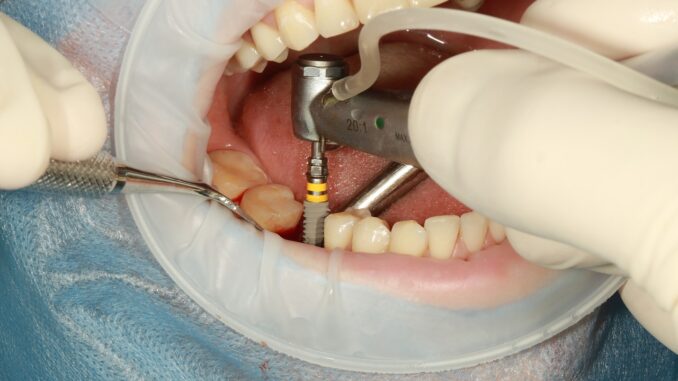
Social Security is a valuable resource for people who need help funding their retirement. Unfortunately, it’s not exhaustive. That also includes dental implant fees. That might be a deal-breaker for some folks, which makes sense. After all, retiring is only helpful if you take advantage of your peak working years. Thankfully, there are specific workarounds that will let you cover your cost of Social Security dental (ทํา ฟัน ประกัน สังคม, which is a term in thai). But before we do that, let’s look at why Social Security isn’t paying for these costs in the first place.
Why Are Dental Services Not Covered By Social Security?
Insurance comes in the form of Social Security. It only covers the care that is required to pay for to keep expenses as low as feasible. Dental coverage is not required. In light of this, dental bills are not covered by the government. Of course, this disadvantages those who need considerable dental care. After all, a dentist won’t accept the “I don’t have insurance” defense. So how can you use Social Security to pay for dental work?
What Does Disability Insurance Cover?
Social Security will pay you if you have a long-term disability. As long as you meet a few requirements, that is. The predicted duration of the handicap must be at least 60 months. It should also be anticipated that working will be impossible. Additionally, it must be expected that the handicap would cause death. This implies that a death within ten years must be anticipated. Finally, it must be expected that the disability will keep you from engaging in significant gainful activities.
Utilizing SSBD (SSD For Dental Implants)
Disability Insurance is the first option for paying for dental care using Social Security benefits. However, you must have a long-term disability to do this. Social Security Disability Insurance also covers long-term disability (SSDI). Your impairment must be anticipated to last at least 60 months to be eligible for this. Additionally, it must keep you from working. Finally, it must be expected that the handicap will cause mortality within ten years. You may use SSDI to pay for dental implants if you are qualified. However, you’ll need to employ a unique method because SSDI doesn’t cover dental treatment.
Utilizing SSI
Supplemental Security Income is SSI. It’s a sort of assistance meant to help those whose disabilities make it impossible for them to work. SSI and SSDI are different in a few respects. It’s optional, for starters.
Leave a Reply
You must be logged in to post a comment.